For this week’s blog, I am compiling a list of some of the most used – and powerful – quotes in education. I admit that they are also some of my favorite quotes - the ones I repeat to myself throughout the school year. I’ll also provide a short reflection on why each one is meaningful and worth sharing.
1. "Even on your worst day you are still some child's best hope." – Larry Bell
We all have bad days. Maybe it’s an argument with a spouse or a coworker, a looming bill you’re a little short on, the barista who got your order wrong (two pumps of hazelnut instead of three), or the exhaustion that comes from caring for a sick parent. Life happens. But when it happens to teachers, it can deeply affect their ability to do the job that is required.
Teaching is hard work - not only because the stakes are high, but also because life is full of ups and downs. Teachers, like everyone else, have bad days. The difference is that teachers are still needed and sought after, even when they don’t feel like they have much to give.
The clearest example of how messy lives run parallel to the importance of teaching came during the pandemic. As millions of teachers processed lockdowns and the fear of the moment, they were also expected to tap into their creativity and passion to teach online - working tirelessly to ensure students continued learning despite the chaos happening all around them. These challenges did not abate once teachers returned to the classroom. Many had to wear and speak through masks, monitor social distancing expectations, and develop lessons around all these impossible-to-follow parameters.
Even on a teacher's worse day they might still be some child's best hope.
 Credit: John Moore | Getty Images
Credit: John Moore | Getty Images
2. "It is easier to build strong children than to repair broken men." – Frederick Douglass
Education is often the final buffer between adolescence and the so-called “real world.” When schools fail to nurture children - academically, socially, and emotionally - the consequences ripple far beyond the classroom, shaping both individual lives and society at large (for generations to come).
Although the claim that prisons forecast future incarceration rates from third-grade reading scores is a myth, the underlying truth remains: low literacy rates are closely tied to a higher likelihood of entering the criminal justice system. The economic burden of this reality is staggering. The United States spends nearly $91 billion every year operating correctional facilities - an average of $134,000 per inmate annually.
For many young people, schools represent the last line of defense against this cycle. That is why our work as educators must be deliberate and unrelenting. We must go beyond academics, equipping students and families with the tools to break destructive cycles and build resilience. Because in the end, the greatest cost of failing to raise strong, supported children is not financial - it is emotional, with the perpetuation of unresolved trauma, generational neglect, and social patterns that will echo long into the future.
3. "No significant learning can occur without a significant relationship." - Dr. James Comer
Relationships are the heartbeat of education. We all know they matter, but how much they influence academic growth is often underestimated.
Reflecting on my first year in the classroom, I made plenty of mistakes. Yet one thing I got right was prioritizing relationships. I greeted students at the door every morning, showed up at their games on weekends, and took time to learn who they were beyond the classroom. I invested in connection - and that investment paid off (not as much in learning as I had hoped, but in creating a safe and supportive learning environment).
Those relationships carried me through a challenging year. I didn’t yet have all the instructional tools to keep students engaged, but I had trust - and trust made the difference. As I grew in my teaching practice, I also grew in my ability to deepen those bonds. With that foundation, I could push students harder, set higher expectations, and watch them rise to the challenge.
A clear example came during the 2017–2018 school year when I offered an early-bird AP U.S. History class that met every Friday morning for the entire year. Nearly every student showed up - week after week. Why? Because they knew I cared, and they knew they mattered (it also helped that I bought donuts and treats). That year, nearly 70% of my students passed the AP exam - a remarkable achievement, especially since it was their very first AP course.
When meaningful relationships are present, learning doesn’t just happen - it thrives.

First year of teaching at Carnegie Middle School. Posing with my students for a picture, 2003.
References
Probation Information Network. (n.d.). Economic impact. https://www.probationinfo.org/economic-impact/
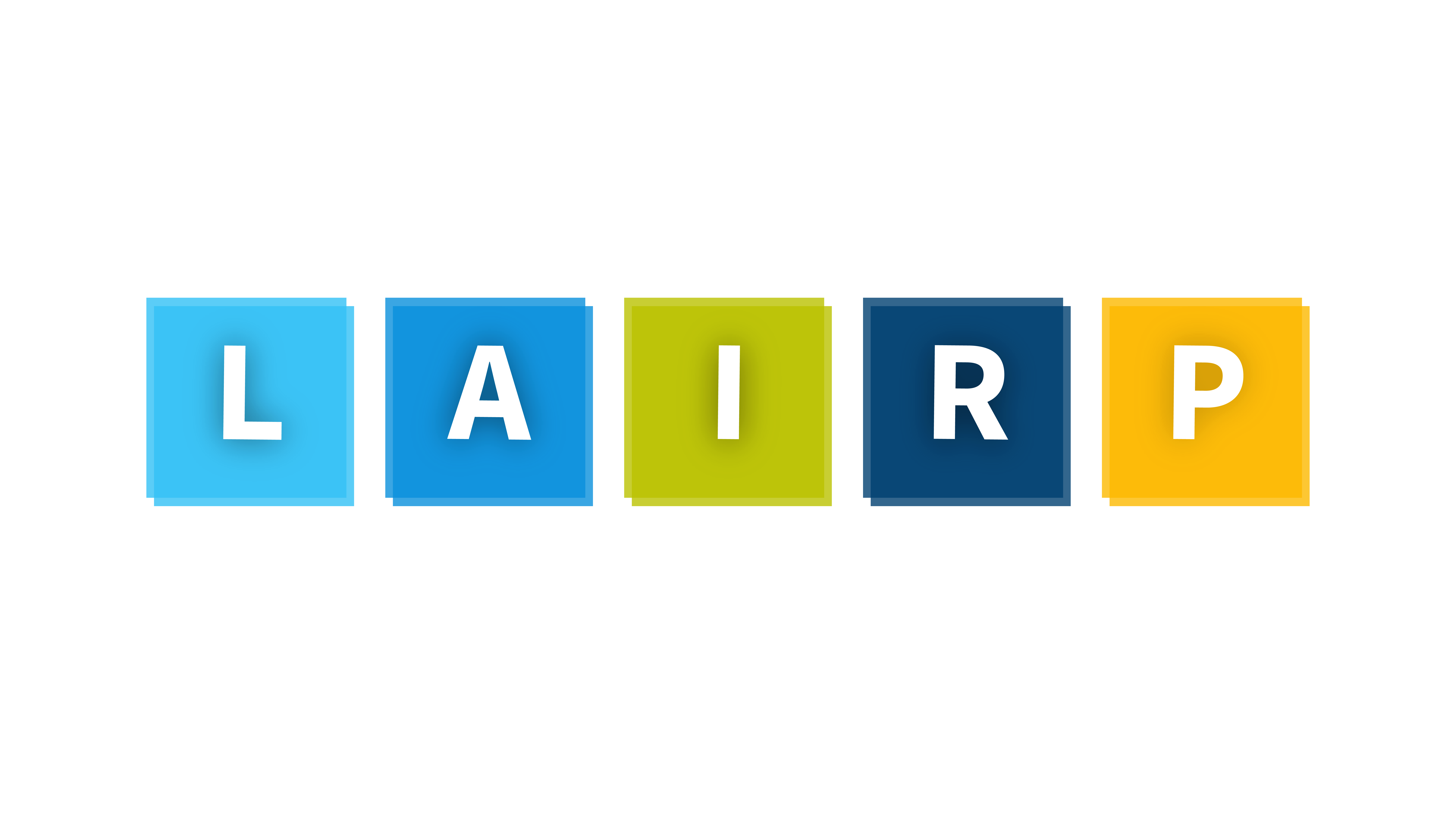
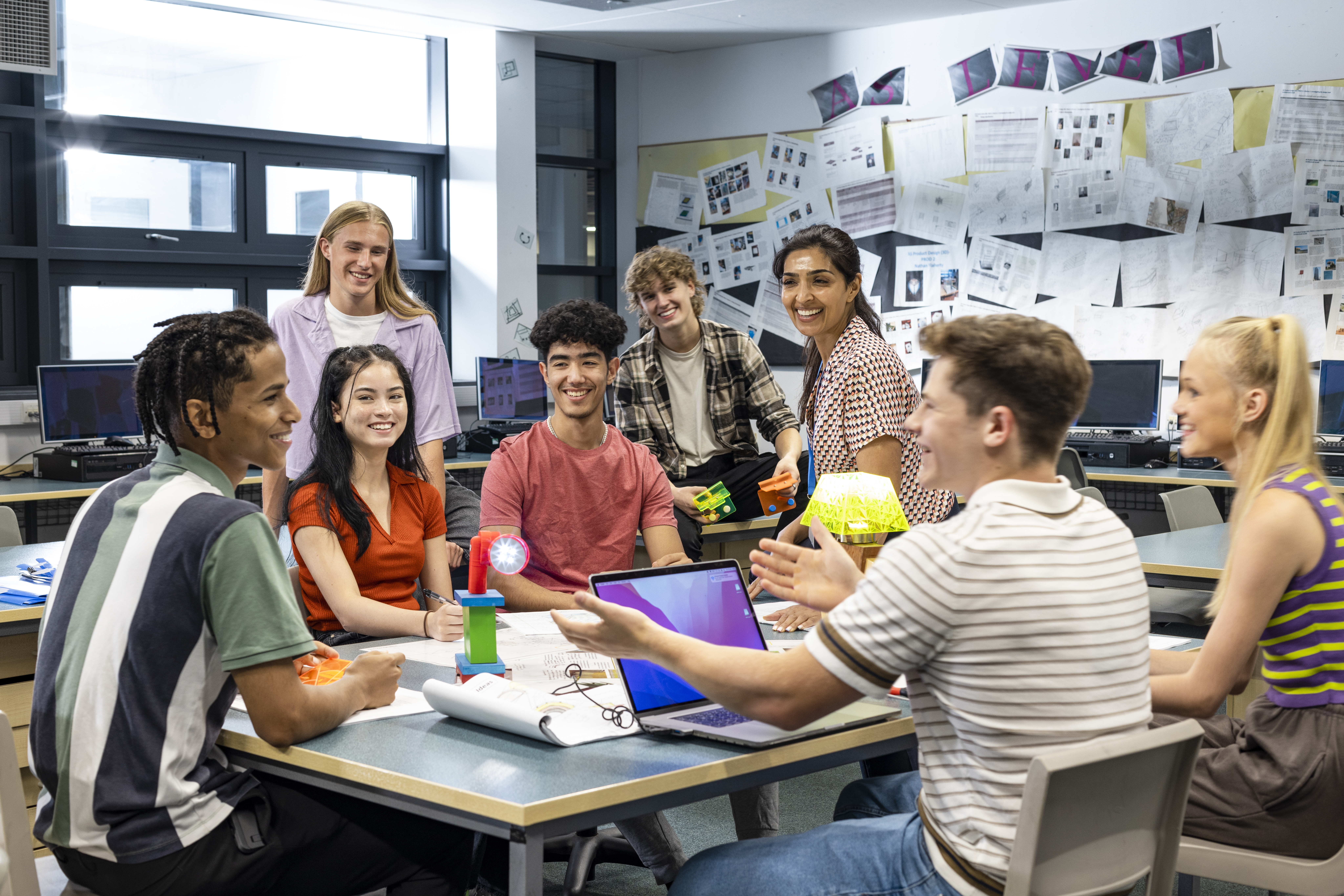
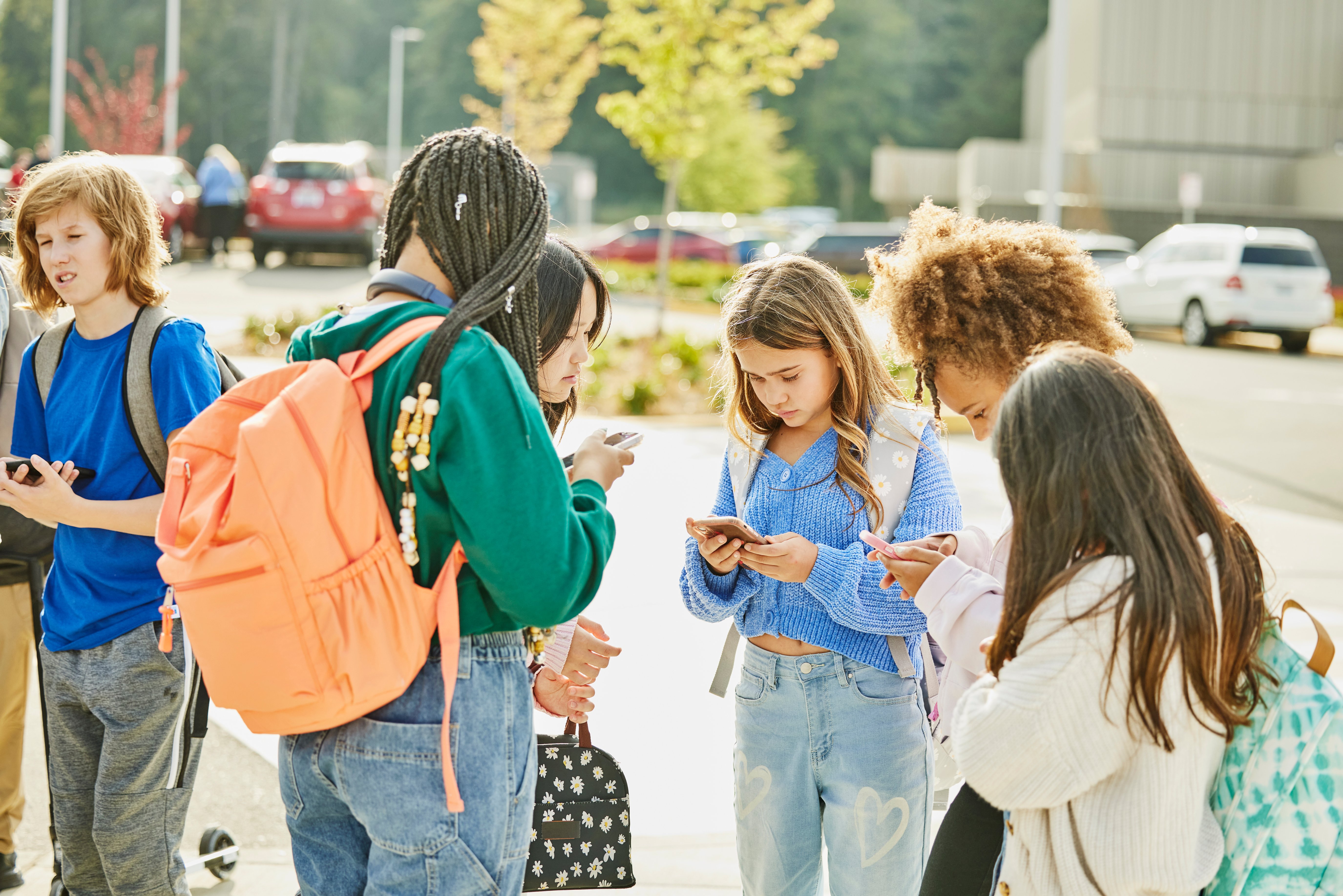


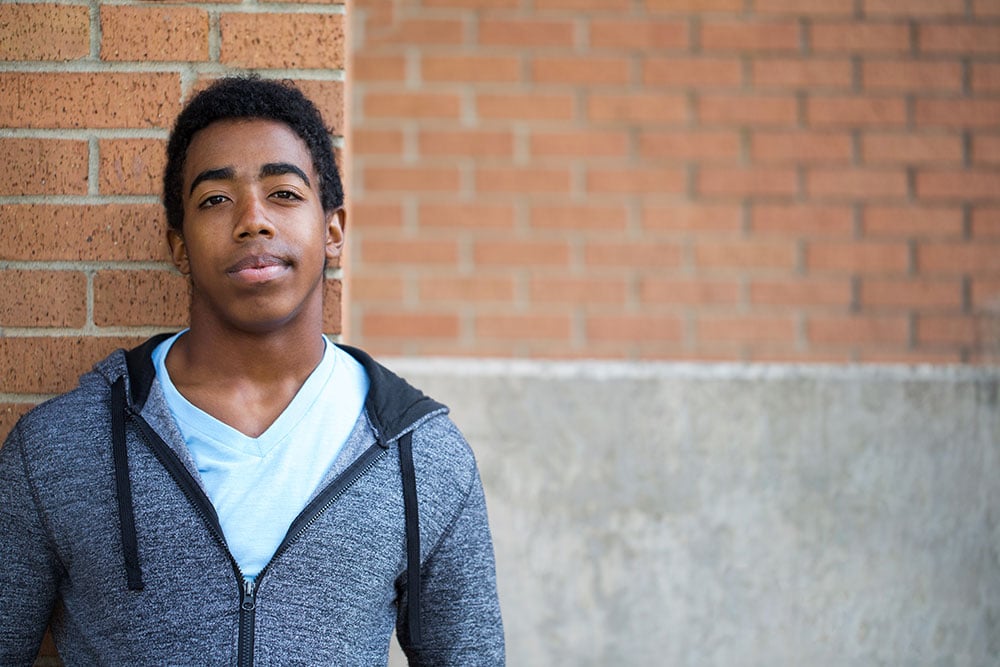
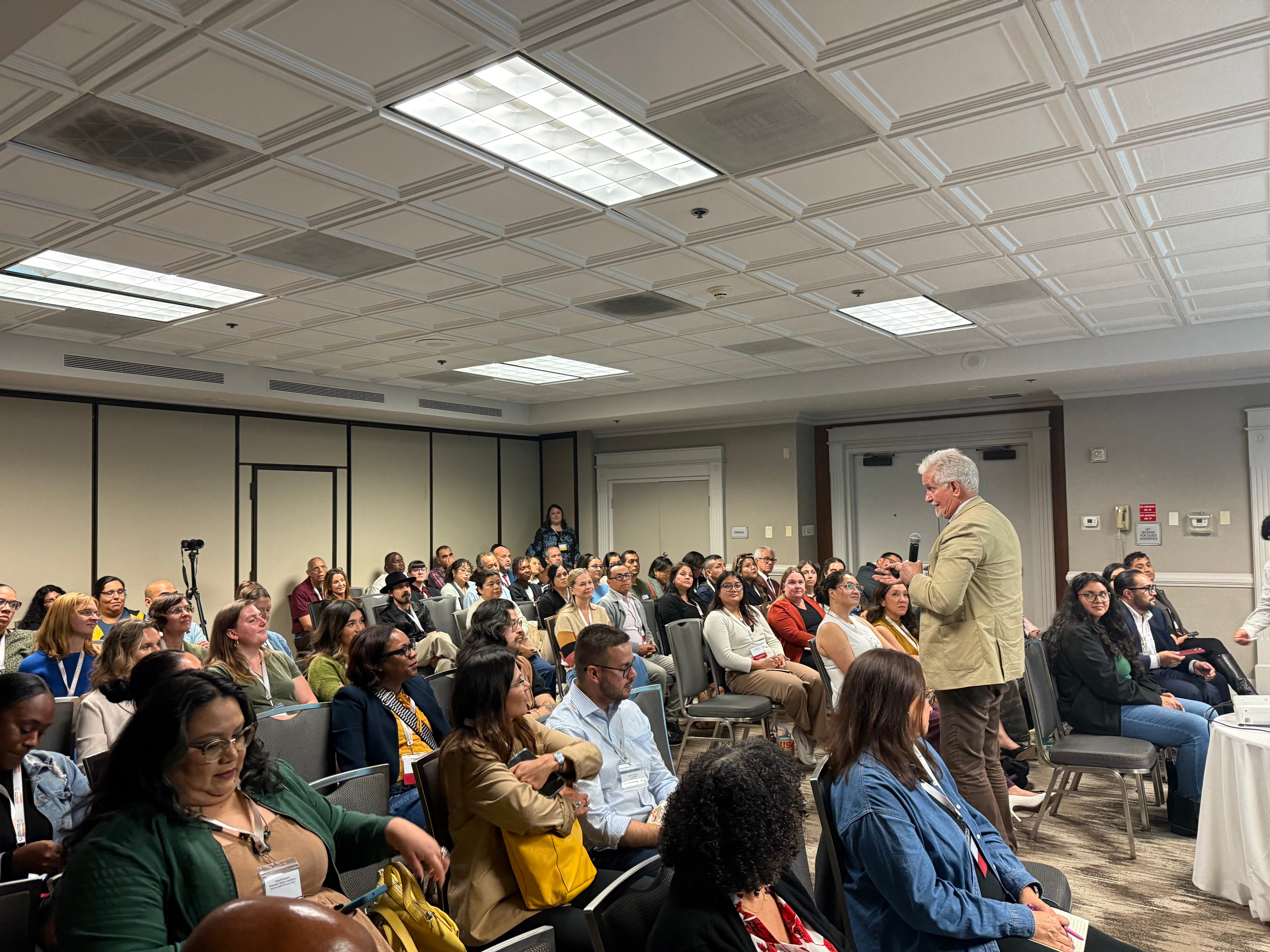
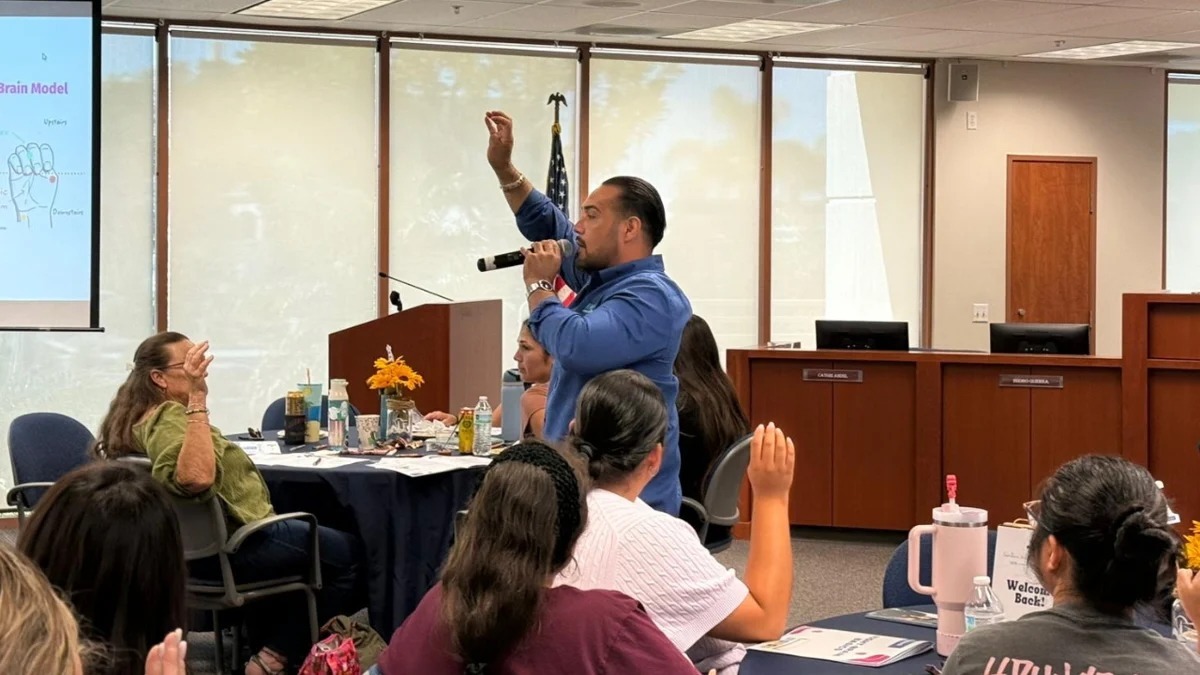
POST COMMENTS